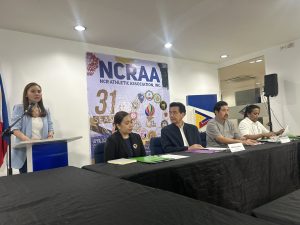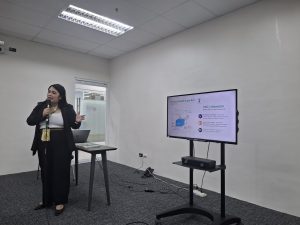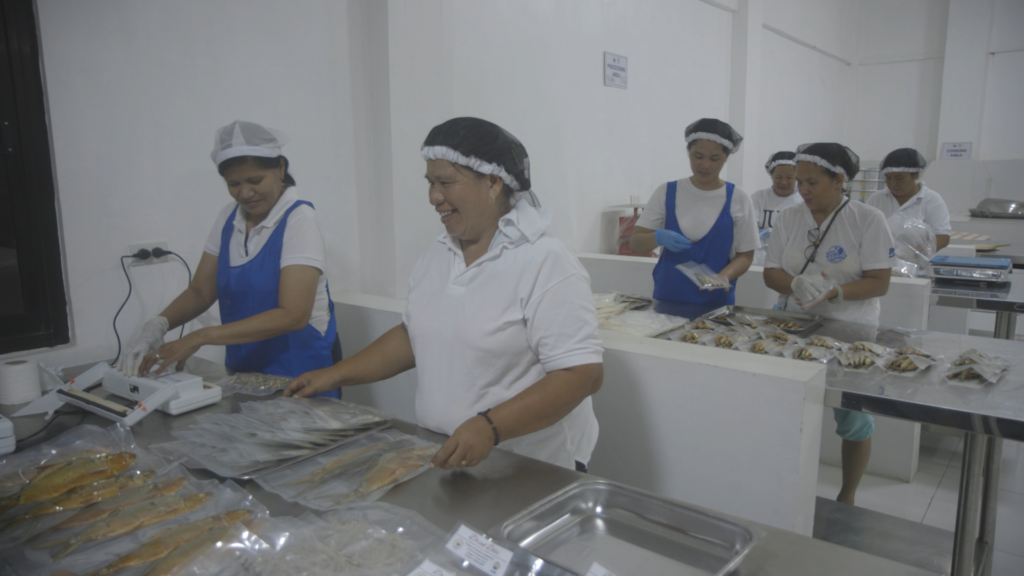
As the country experiences rapid growth and development under President Ferdinand R. Marcos Jr.’s “Bagong Pilipinas” program, certain quarters expressed fear that some of the most vulnerable sectors may be overlooked in the drive toward progress. Real estate developments and reclamation activities, for example, may adversely affect poor communities surrounding the piece of land that is being developed.
How can communities best be uplifted alongside new developments?
In a report published in 2024 by the Norwegian Investment Fund for Developing Countries (Norfund), the organization noted that poverty eradication was best achieved with economic growth, with three important factors: “What we found is that economic growth has the greatest impact on poverty when three ingredients are combined. First, there is economic modernization and urban growth. Second, there is investment in rural areas where poverty is higher—in roads, electricity, and in agriculture. Third, governments use the proceeds of growth to finance public services and social protection.”
President Marcos Jr.’s Build Better More program answers the need for the first two “ingredients,” since the flagship program has pledged an increase in infrastructure investment to bridge the significant gaps in the Philippines’ infrastructure.
Build Better More’s comprehensive plans include addressing not just the lack of physical connectivity, such as roads, bridges, and transportation, but also gaps in infrastructure related to water resources, health, and digital connectivity, as well as agriculture.
However, President Marcos has assured Filipinos that his vision of a “Bagong Pilipinas” is inclusive of all sectors of the country. After all, economic growth is meant to uplift every citizen at every level of society.
In fact, he has committed to achieving single-digit poverty incidence by the end of his term in 2028 and eradicating hunger by 2027—goals which he hopes to leave as the lasting legacies of his administration.
“No Filipino should go to bed hungry, and no community will be overlooked in our fight against poverty,” the Chief Executive declared during the presentation of the signed Enhanced Partnership Against Hunger and Poverty (EPAHP) joint memorandum circular in Malacañang.
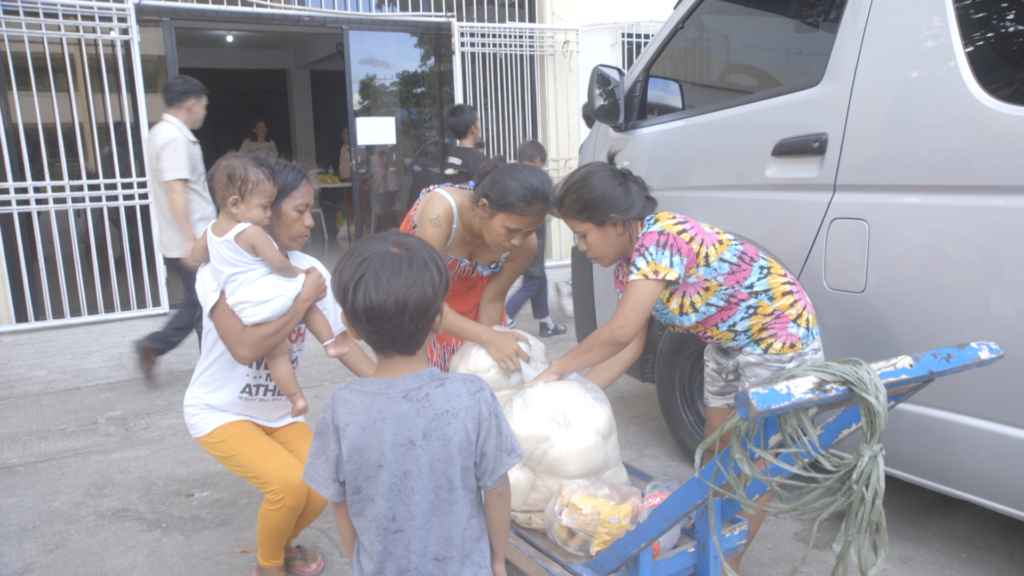
The Philippine Reclamation Authority (PRA), as one of the country’s leading real estate developers, has taken President Marcos’ mandate to heart. Through its Corporate Social Responsibility (CSR) initiatives, the agency commits to monitoring each community adjacent to the government’s reclamation projects.
Working with community leaders, the PRA conducts groundwork activities through its Social Development Management Program (SDMP) determining the community’s needs and working to address both immediate concerns and long-term issues.
Some needs are simple: building a new facility; school supplies; medical missions; law enforcement training. Others are more complex: educational support and livelihood assistance are just two of the concerns that the PRA has identified in the communities that are affected by ongoing reclamation activities.
Whether simple or complex, however, the PRA supports all of its stakeholders’ needs.
“Ito po ang nabigay ng PRA katulad po ng mga upuan, mga gamot po saka speaker at iba pa po. Marami pa pong iba, tulad ng school supplies. At nagka-conduct rin po sila ng training sa mga tanod,” said Susana Agner, a kagawad of Barangay Patungan in Maragondon, Cavite.
The PRA also provided funds for essential medications that were distributed to senior citizens in Maragondon.
“Malaking tulong na po sa amin ito… Napakalaking tulong po kahit papaano po ang mga estudyante po [ay nabigyan ng tulong ng] PRA. Maraming, maraming salamat po kasi kaunahan po kayong nakapagbigay sa amin [sa] national high school po ng mga school supplies—’yong mga dinonate niyo sa amin. Maraming, maraming salamat po,” Agner added, explaining that the PRA also funded the distribution of school supplies in the community.
Moreover, the PRA sponsors scholars under its ongoing Social Development Management Program, in which many of the students are able to attend college and support their families.
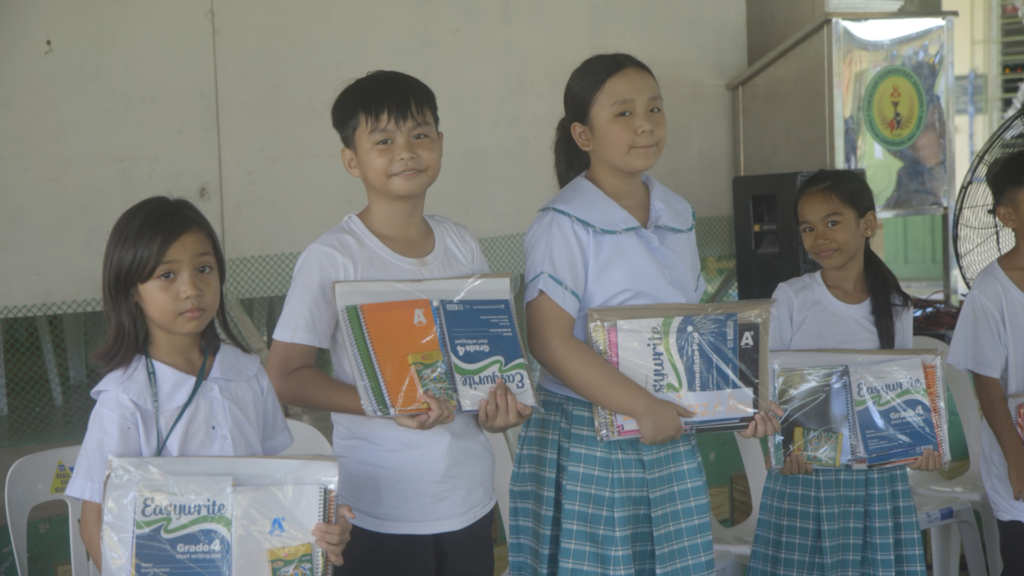
Rhea Rojo, a 21-year-old student working toward her Bachelor of Science in Hospitality Management at the Cavite State University’s Cavite College of Arts and Trades (CCAT) Campus, shared the impact that the PRA’s SDMP scholarship program had on her.
“My father is a fisherman, while my mother is a housewife. I have three siblings, and I am the eldest. My dream is to finish my studies and to be a hospitality manager.”
While Rhea’s father provides for their needs, she could see that he struggled with the family’s finances. She decided to find work in order to lessen the burden on him, but found it difficult to balance the demands on her time, strength, and mind between work and school.
Though she was eager to pay back all the sacrifices her parents had made, it seemed unlikely for a time that she would be able to finish her degree. It was then that she started applying for scholarships, and found the answer to her family’s problems in the Philippine Reclamation Authority.
“I cannot imagine that there will be a scholarship program that will still cater to help us, especially [since] we are graduating students already. Therefore, I am really grateful and blessed to be one of the scholars of the PRA under the Social and Development Management Program because it is really a big help for me, especially my family, who have inadequate support. It really helps me when it comes to my everyday allowance, foods, and transportation, [but] also to my thesis.”
Rhea’s story is not unusual. Hundreds of Filipinos struggle to provide for themselves and their families. Challenges such as climate change, disease, and systemic poverty prevent many from lifting themselves out of hardship without institutional intervention. It is up to the government to bridge the gap between progress and poverty—a goal that President Marcos has committed to achieve.
Aside from programs like the Philippine Reclamation Authority’s SDMP, the Marcos Jr. administration has launched other initiatives that address immediate concerns, like the rollout of the food stamp program and distribution of cash aid to rice farmers.
But according to National Economic Development Authority Secretary Arsenio Balisacan, the administration is focused on a “whole-of-society approach.” The Chief Executive’s primary goal, according to Balisacan, is to implement policies and programs that will generate even more higher-quality jobs, having identified it as the “most robust and effective approach to reducing poverty.”
The Philippine Reclamation Authority stands with President Ferdinand R. Marcos Jr. in his fight against poverty with holistic strategies and investing in community development. (PBS)
